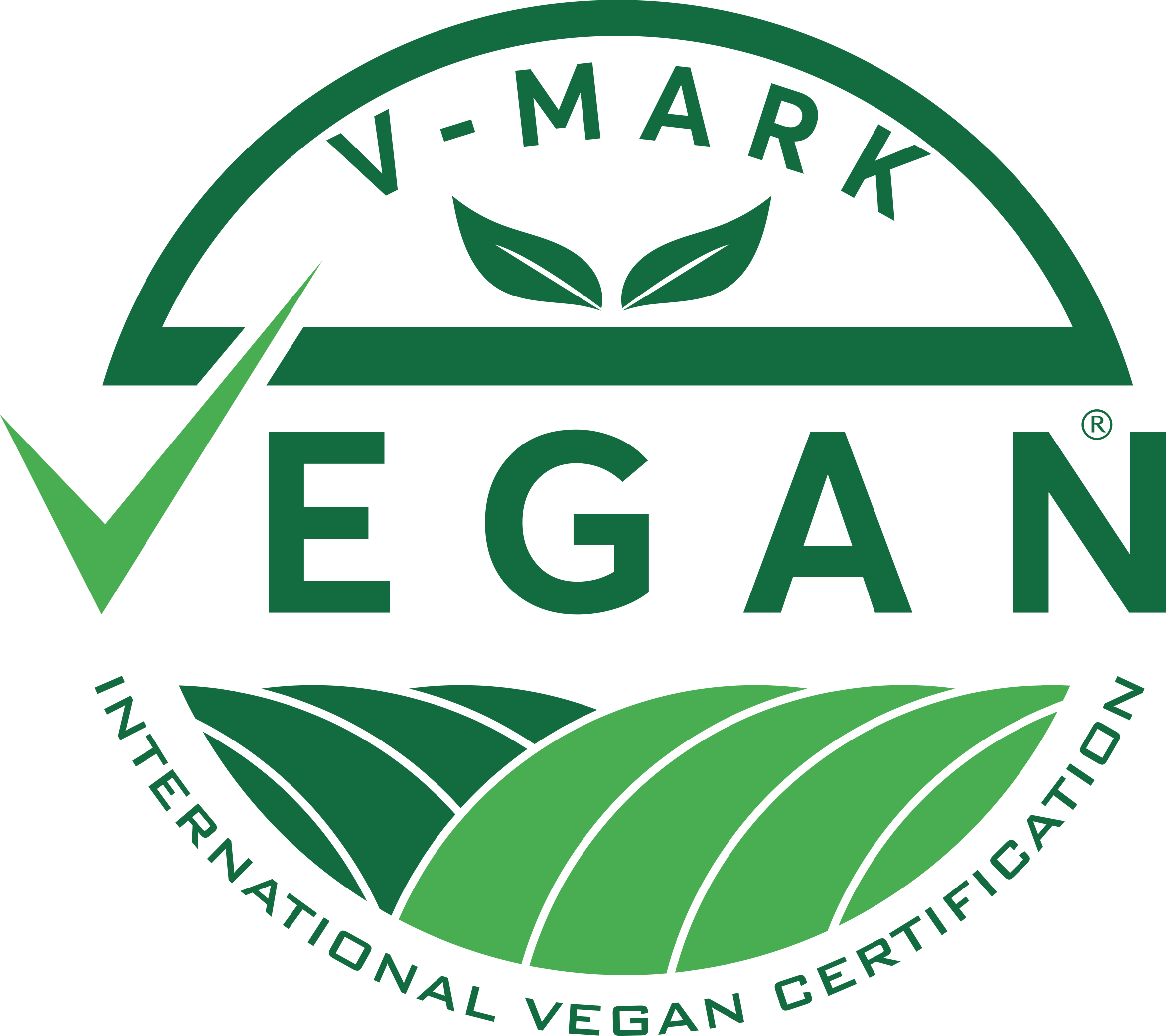The Challenges of Obtaining Vegan Certification for Food Products
Obtaining vegan certification for food products is an important step towards providing consumers with an assurance that the food they are purchasing is free of animal-based ingredients. However, obtaining vegan certification can be a challenge for food producers.

The first challenge of obtaining vegan certification is identifying the right certification body. Different organizations have different standards for vegan certification and it is important to ensure that the certification body is compatible with the producer’s own standards. The certification process can also be complex, requiring paperwork and documentation to demonstrate that the product meets the vegan criteria.
Another challenge is the cost of obtaining vegan certification. Certification bodies typically charge fees for their services, which can be too expensive for some producers. Additionally, the cost of vegan certification can vary depending on the size of the production, the ingredients used, and the production process. Producers must also factor in the cost of any changes or adjustments that must be made in order to meet certification standards.
Finally, producers must be aware of the legal implications of vegan certification. It is important to ensure that the product is labeled accurately and that all claims made about the product are truthful. Additionally, producers must ensure that their products comply with all applicable food safety regulations, as well as any government regulations related to vegan certification.
Obtaining vegan certification is an important step towards providing consumers with products that are free of animal-based ingredients. However, the process can be complex and costly. Producers must be aware of the challenges they may face in obtaining vegan certification, and must understand the legal implications of doing so.
Certification
- A Guide to Vegan Certification
- Exploring Vegan Markings
- Exploring Vegan-Friendly Products
- Exploring the Advantages of Vegan Marking
- Exploring the Benefits of Vegan Certification for Non-Food Products
- Exploring the Benefits of Vegan Certification for Wholesalers
- Exploring the Benefits of Vegan Certification for the Environment
- Exploring the Benefits of Vegan Labeling for Food Retailers
- Exploring the Benefits of Vegan Labeling for the Economy
- Guidelines for Vegan Labeling
- How to Apply for Vegan Certification
- How to Obtain Vegan Certification
- How to Set Up a Vegan Certification Program
- Key Considerations for Obtaining Vegan Certification
- Navigating the Challenges of Vegan Certification
- The Advantages of Having a Vegan Mark
- The Advantages of Vegan Labeling for Businesses
- The Benefits of Being Certified as a Vegan Product
- The Benefits of Having a Vegan Mark
- The Benefits of Vegan Certification for Food Distributors
- The Benefits of Vegan Certification for Food Manufacturers
- The Benefits of Vegan Certification for Food Suppliers
- The Benefits of Vegan Labeling for Animal Welfare
- The Benefits of Vegan Labeling for Businesses
- The Benefits of Vegan Labeling for Consumers
- The Benefits of Vegan Labeling for International Trade
- The Benefits of Vegan Labeling for Restaurants
- The Benefits of Vegan Labeling
- The Challenges of Obtaining Vegan Certification for Food Products
- The Challenges of Obtaining Vegan Certification
- The Difference Between Vegan and Non-Vegan Labeling
- The Impact of Vegan Certification on Food Prices
- The Impact of Vegan Labeling on Consumers
- The Implications of Vegan Labeling for Health and Nutrition
- The Importance of Vegan Marking for Businesses
- The Necessity of Vegan Certification for Food Products
- The Necessity of Vegan Marking for Food Products
- The Process of Obtaining Vegan Certification
- The Pros and Cons of Vegan Certification
- The Significance of Vegan Certification for Businesses
- The Significance of Vegan Certification for Food Safety
- The Significance of Vegan Labeling for Businesses
- The Significance of Vegan Labeling for Food Labels
- Understanding the Basics of Vegan Labeling
- Understanding the Benefits of Vegan Labeling for Food Producers
- Understanding the Different Types of Vegan Labeling
- Understanding the Impact of Vegan Labeling on the Food Industry
- Vegan Labeling Requirements and Regulations
- Vegan Product Labeling Requirements
- What is Vegan Certification?
- What is Vegan Mark?

GET CERTIFIED
